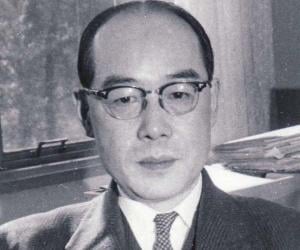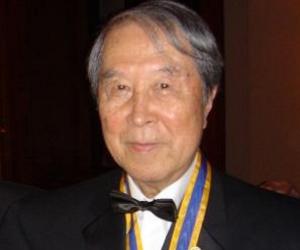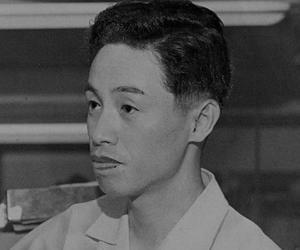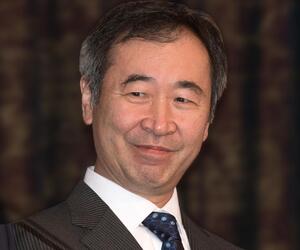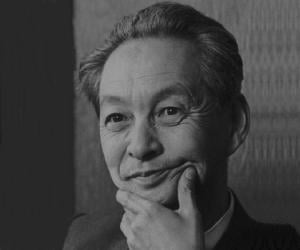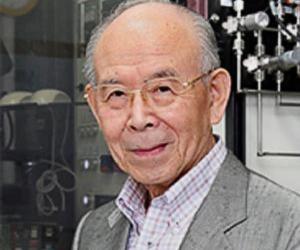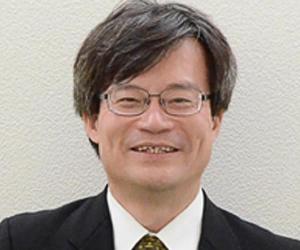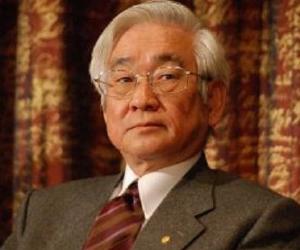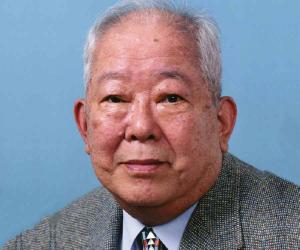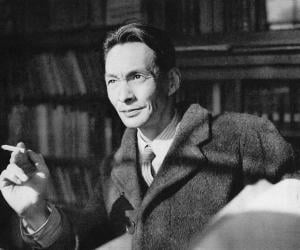1
Hideki Yukawa
(Theoretical Physicist and the First Japanese to Receive the Nobel Prize)
Birthdate: January 23, 1907
Sun Sign: Aquarius
Birthplace: Azabu, Tokyo
Died: September 8, 1981
Hideki Yukawa was a prominent Japanese theoretical physicist known for his groundbreaking work in particle physics. He made significant contributions to the field by predicting the existence of the pi meson, also known as the pion. This prediction played a crucial role in advancing our understanding of nuclear forces. Yukawa's work earned him the prestigious Nobel Prize in Physics, making him the first Japanese scientist to receive this honor. Throughout his career, he made important strides in theoretical physics and left a lasting impact on the scientific community.
